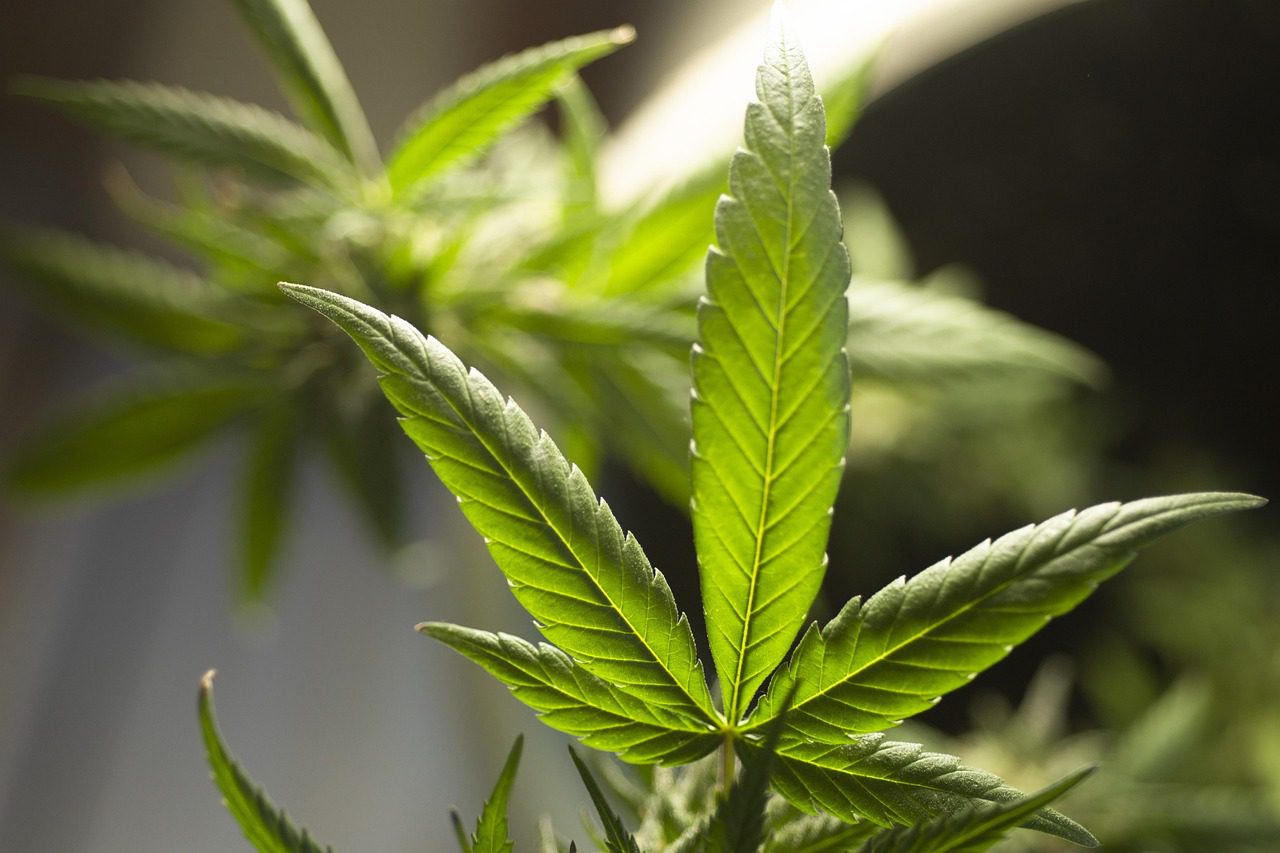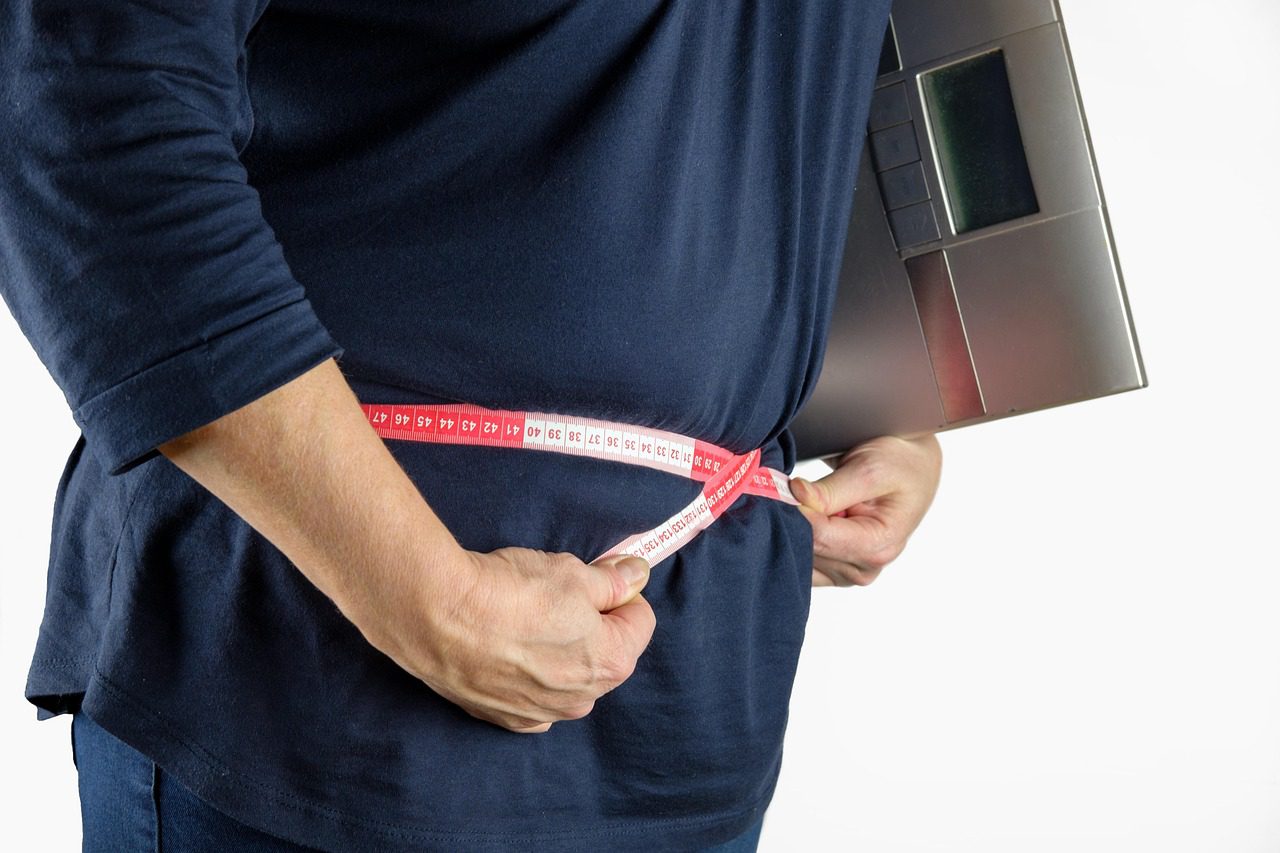As cannabis legalization spreads across the U.S., it’s easy to be swept up in the misinformation and economic promise. But beyond the buzz, the real impact of marijuana on public health and communities tells a different story—one that deserves closer attention.
False Promises and Rising Risks
The push for legalization was largely sold on optimistic claims: less crime, more regulation, and access to medical relief. But the reality? In states like California, a 2023 audit found two-thirds of cannabis sold still comes from the illegal market, with related crime on the rise. High-potency cannabis products—often over 20% THC—flood the shelves, while research continues to uncover links between marijuana use and increased mental health issues.
As Stanford drug policy expert Keith Humphreys puts it, the public was misled about the risks. This mirrors the opioid crisis where profit trumped caution, and addiction followed.
“Medical” or Merely Marketed?
Many falsely believe medical marijuana is regulated like other prescription drugs, but the reality is very different. In Virginia, for example, there are no required qualifying conditions. A provider can recommend cannabis for any condition they see fit—without specifying a product or dose. They give a recommendation, not a prescription. And most all the conditions recommended for have no evidence-base that they help. Dispensing is left to “budtenders,” not pharmacists or physicians.
Cannabis is used most commonly for sleep, anxiety, stress, and pain, but it often replaces medically prescribed or evidenced-based treatments, creating risks—especially in older adults. THC and CBD can interfere with antidepressants, opioids, and blood thinners. And what feels like immediate relief often masks symptoms, eventually worsening them.
Community and Vulnerable Populations at Risk
Cannabis doesn’t just impact users—it affects entire communities. Secondhand smoke exposes children to THC, contributing to positive drug tests and respiratory issues. Pregnant women using cannabis face increased risks of low birth weight, stillbirth, and developmental delays, and THC lingers in breast milk for days.
Youth use is especially concerning. Starting young can permanently reduce IQ, damage white matter in the brain, and increase the risk of psychiatric disorders. One major study (ABCD) shows cannabis impairs memory, judgment, and coordination even after intoxication wears off.
Psychiatric patients are particularly vulnerable when it comes to cannabis use due to the drug’s potential to worsen or even trigger mental health conditions. Research shows that THC can intensify symptoms of anxiety, depression, and psychosis, especially in individuals with a predisposition to psychiatric disorders. Additionally, patients struggling with mental illness may be more susceptible to substance misuse as a form of self-medication, increasing the risk of dependency and poor treatment outcomes.
The Broader Consequences
From a public health standpoint, cannabis is no small issue:
- Increased traffic fatalities tied to marijuana use
- Rising homelessness and hospitalizations
- More property crimes and suicides involving cannabis
- Worsening mental health outcomes, especially in teens
Myths persist—like “cannabis isn’t addictive” or “it’s safer than alcohol.” But around 1 in 10 users will develop an addiction, and that risk increases for those who start young. And cannabis is not regulated like alcohol – a glass of wine won’t get you drunk, but a joint will alter you.
A Call for Caution and Holistic Care
Legalization without regulation has consequences. Before embracing cannabis as medicine or a harmless habit, we must pause and ask the hard questions. What’s truly “medical?” What’s evidence-based? And what’s driven by profit?
Learn the facts and support policies that protect—not harm—our communities.
ABCD study: C. E., Agrawal, A., Barch, D. M., & Bogdan, R. (2021). Associations between prenatal cannabis exposure and childhood outcomes: Results from the ABCD study. JAMA Psychiatry, 78(1), 64-76. https://doi.org/10.1001/jamapsychiatry.2020.2902 https://pttcnetwork.org/wp-content/uploads/2019/03/FactsheetMarijuanaPTTCFINAL.pdf



